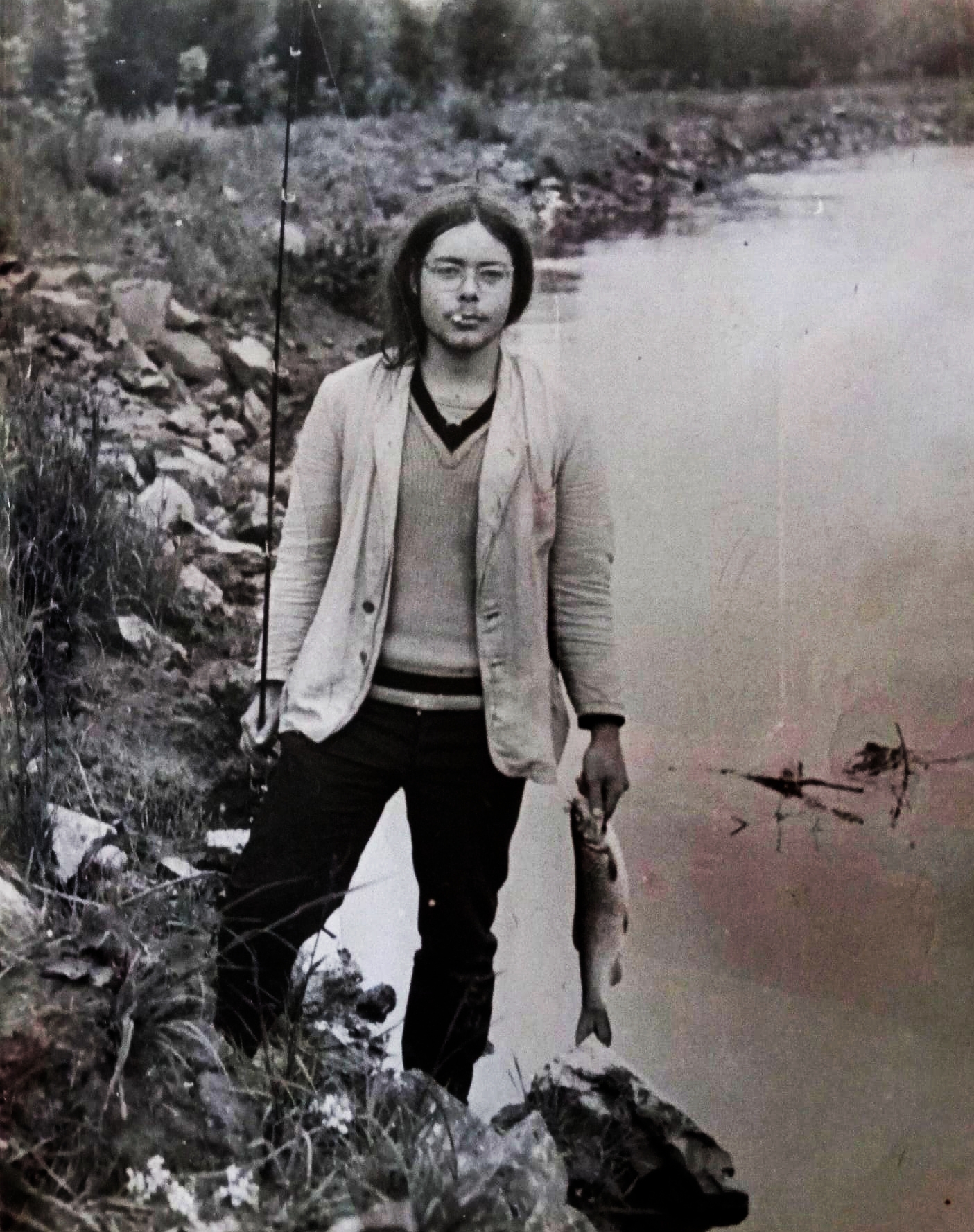Say No to the Devil

Stáhnout obrázek
Vít Kremlička was born on 22 October 1962 in Prague into the family of Ladislav and Marta Kremlička. He grew up in an environment that was very anti-communist in its foundation - part of his mother‘s side of the family experienced persecution during the collectivization of agriculture. Vitek‘s father lost his job when he agreed to the outbreak of the Hungarian anti-Soviet uprising in 1956. Already in elementary school, Vít accepted the idea that he did not want to belong to official pro-regime youth organizations such as Jiskry and Pionýr. During his gymnasium studies he found his way to the artistic underground. He participated in illegal housing seminars, theatres and literary and musical events, where he himself performed as a writer of bound poetry. He was also a frequent guest at the apartment of Dana and Jiří Němec in Ječná Street in Prague, where the underground community met and where he was first arrested and interrogated. At the age of sixteen, he found himself in the crosshairs of the State Security, which tried, unsuccessfully of course, to establish secret cooperation with him. In order to avoid basic military service, Vít spent nearly five years in psychiatric hospitals. He did not graduate from university during the normalisation period - because of his negative comments on the compulsory graduate entry to the military department, the dean of the faculty expelled him from hour to hour. Vít then continued his cultural and linguistic activities with music - as a trumpet player and singer he appeared in the underground band Národní třída, and later founded his own project, the band His Boys. During 1989, he signed the petition Several Sentences and participated in the August demonstrations in Prague. When the Velvet Revolution broke out in November of that year, he was at the birth and running of Informační servis. In the years after the revolution, he published several collections of poetry, prose and essays translated from Polish, English and Bulgarian. He has won several literary awards, including the Jiří Orten Prize and the Revolver Revue Prize.





















